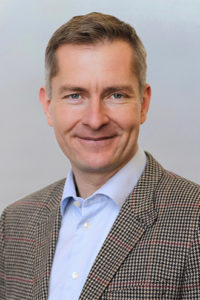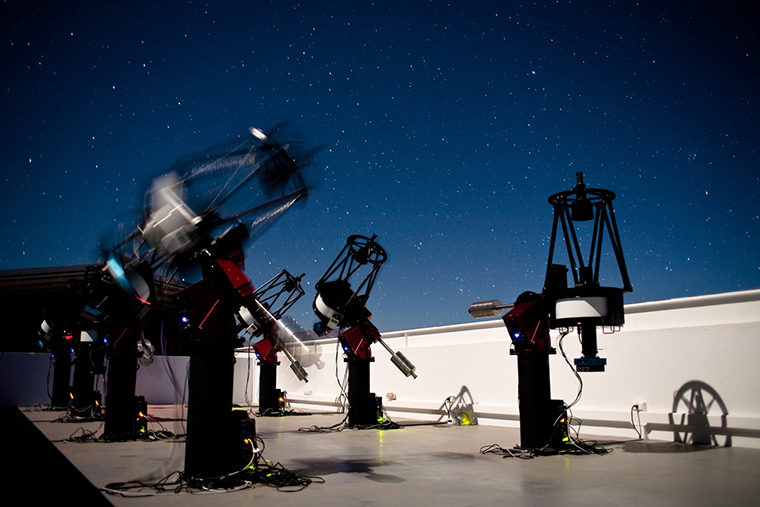David Charbonneau, professor of astronomy at Harvard University, will deliver the annual Robert M. Walker Distinguished Lecture at 7 p.m. Thursday, Nov. 15, in Whitaker Hall, Room 100, on the Danforth Campus of Washington University in St. Louis. The talk, titled “How to Find an Inhabited Exoplanet,” is free and open to the public.

The NASA Kepler Mission taught scientists that Earth-sized planets are commonplace throughout the galaxy. But did life take root on any of these distant worlds? Charbonneau’s talk will describe how astronomers plan to use upcoming large telescopes to search the atmospheres of Earth-like planets for the telltale chemical fingerprints of life.
Since arriving at Harvard in 2004, Charbonneau’s research has focused on detection and characterization of extrasolar planets, with the goal of studying inhabited worlds. Charbonneau leads the MEarth Project and is a member of the NASA Kepler Mission team. Each of these projects aims to detect Earth-like planets that might be suitable abodes for life beyond the solar system.
The lecture is organized by the McDonnell Center for the Space Sciences in memory of Robert M. Walker, the center’s inaugural director from 1975 to 1999. Walker was a pioneering physicist who shaped research in the space sciences worldwide.
The McDonnell Center, established in 1975 through a gift from aerospace pioneer James S. McDonnell, is a consortium of Washington University faculty, research staff and students primarily from the departments of Earth and Planetary Sciences and Physics, both in Arts & Sciences, who are working on the cutting edge of space research.
For more information, contact Jan Foster at 314-935-5332 or janf@wustl.edu.
